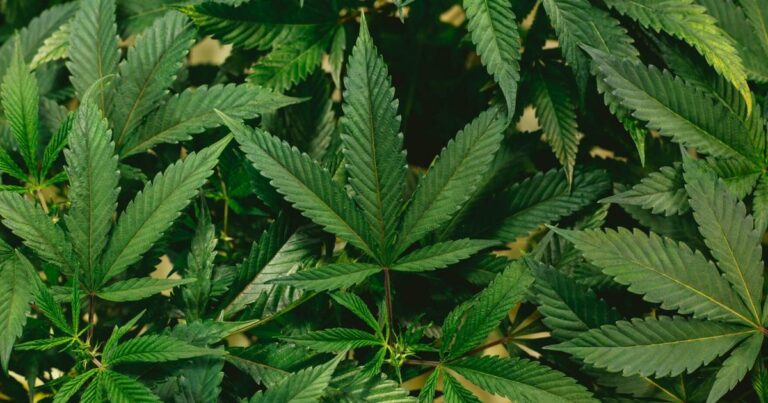(The Center Square) – While the U.S. Drug Enforcement Administration is moving toward reclassifying marijuana as a less dangerous drug, efforts are underway to regulate legal hemp products at both the federal and state levels.
Last week, Oregon Democratic Sen. Ron Wyden introduced the Cannabinoid Safety Regulation Act, a bill that would increase federal regulation of hemp products and keep them out of the hands of Americans under 21.
“Just as the tobacco industry sells cigarettes to young people, we shouldn't slap fun cartoons or gaudy candy packaging on cannabis products aimed at adults,” Wyden said in a news release. “The federal floor for regulating hemp products is non-negotiable to ensure that consumers are not put at risk by untested products of unknown origin. We guarantee you know what you are getting and that our hemp products are never sold or promoted to children.”
Other elements of the bill include authorizing the Food and Drug Administration and the Alcohol and Tobacco Tax and Trade Bureau to develop rules for testing and labeling legal cannabis-derived products for adult use.
Wyden's bill is an attempt to bring more transparency to hemp products after hemp production was legalized nationwide six years ago.
When Congress approved the 2018 Farm Bill, it legalized hemp and hemp-derived cannabinoid products containing less than 0.3% tetrahydrocannabinol (THC). THC is responsible for the high and inebriated state caused by marijuana.
However, by not implementing a regulatory framework for these products at the time, Congress essentially created a new national trade in intoxicating cannabis-derived products, such as beverages and edibles that appeal to minors. That means you did it.
As a result, states are developing programs to oversee the cannabis industry, including regulating the commercial sale of recreational cannabis and encouraging research into industrial hemp.
Last year, in Washington state, where recreational marijuana was legalized in 2012, the Legislature passed Senate Bill 5367, redefining “cannabis products” to include those containing detectable amounts of THC. Previously, general retailers such as convenience stores and online retailers that were not licensed by the Washington State Liquor and Cannabis Commission could sell products containing 0.3% THC or less.
SB 5367 redefines “cannabis product” to include products containing detectable amounts of THC, a significant departure from the status quo. This has led to easy access for children to THC-infused products such as gummies and vapes. This law came into effect in summer 2023.
Nevertheless, many cannabidiol products, primarily derived from hemp, remain on the shelves of unlicensed cannabis stores across the Evergreen State.
Aaron Picus, media director for the Washington Cannabis Association, an organization representing Washington state's licensed and regulated cannabis industry, was vocal in support of strict enforcement.
“It is unacceptable that harmful marijuana-derived THC is widely available online and in convenience stores across Washington,” he emailed Center Square. “Unlike products in the regulated cannabis market established by voters, cannabis-derived THC preparations are not lab tested for safety standards, are not subject to labeling requirements, and are not taxed by states. I have not received it.”
He praised the U.S. government's efforts to tighten regulations.
“It's appalling that young people are being given access to products in stores and online without any protection,” Picus continued. “In Washington State, the Legislature has already banned unregulated hemp-derived THC products since adopting SB 5367 last year, and we are calling for strict enforcement of this law.”
Picas called on the federal government to do the same.
“At the federal level, there is currently language in the Farm Appropriations Bill (which we hear will be included in the Omnibus Appropriations Bill) that closes a loophole in the 2018 Farm Bill that makes these addictive products federally illegal. ' is clear,' he said.
Earlier this month, California issued an emergency ban banning the use of any amount of hemp products containing THC. Less than three weeks later, Governor Gavin Newsom issued a temporary ban on the product.
The U.S. hemp-derived cannabinoid market was estimated at $28.4 billion last year, according to Whitney Economics' 2023 U.S. National Cannabinoid Report.

